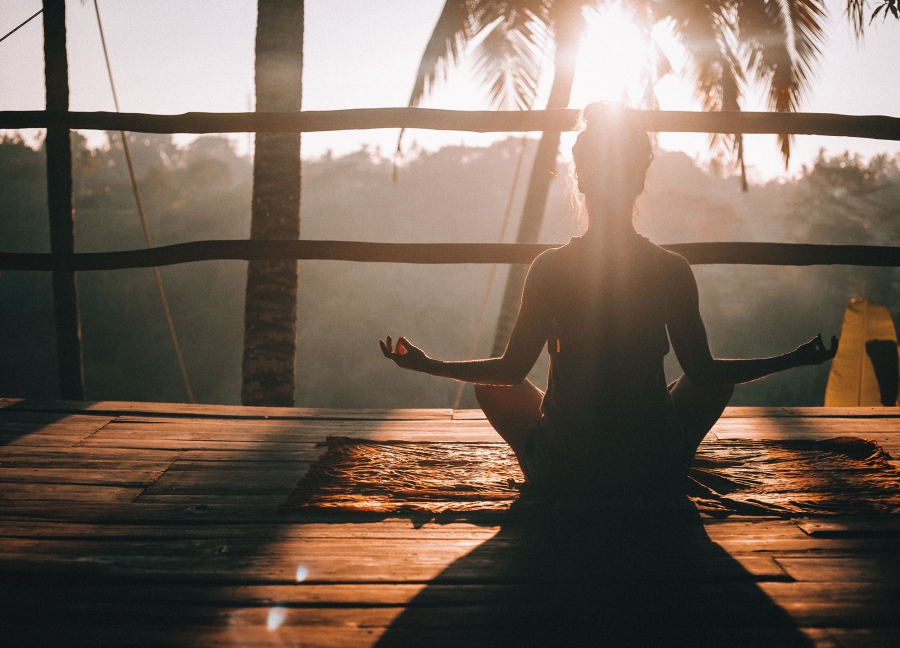2022, THE YEAR OF WELLNESS TOURISM
Will Indonesia seize the chance to provide wellness tourism beyond Bali?

After a catastrophic year enduring the impact of the COVID-19 pandemic, the wellness tourism sector is enjoying a massive rebound. The December 2021 report from the Global Wellness Institute (GWI) calculated that the industry is bouncing back with great gusto.
The report predicts that the average annual growth rate of the wellness economy will be at 20.9% from 2020-2025. The sector includes personal care & beauty, spas, and wellness real estate.
The leading research and educational resource for the global wellness industry further share that the expansion of the entire wellness economy is tracking to surpass that of global GDP to the tune of 9.9% vs. 7.3% respectively over the same period.
"Wellness travelers are typically more affluent, educated, and well-traveled, and they're willing to spend more on travel experiences, services, and amenities that support their health and well-being," the report revealed.
In 2020, international wellness tourists spent $1,601 on average just for one trip, 35% more than the typical international tourist. The premium for domestic wellness tourists is even higher, $619 per trip or 177% more than the usual domestic tourist.
This goes hand in hand with a recent survey from American Express, as people are finding more awareness on mental health. At least 78% of respondents said they're working on more goals tied to health and wellness than in previous years, while 76% are willing to spend more on travel to improve their well-being.
Some, 55% of respondents, to be exact, said they'd be willing to pay extra for wellness activities on future vacations.

Wellness Tourism in Indonesia
"Based on a Booking.com survey, at least 79 percent of respondents use tourism to improve mental health," said David Susilo, a practitioner lecturer at the University of Jember's Travel Business Study Program.
However, Director of Natural, Cultural and Artificial Tourism of the Ministry of Tourism and Creative Economy, Alexander Reyaan, admitted that Indonesia does not yet have a special appeal that can be highlighted to lure wellness tourism travelers.
"All countries have their own wellness appeal. But when it comes to Indonesia, we are positioned not to have a unique wellness appeal," said Alex.
According to Alex, while the country does have the potentials, they are not yet well developed. For example, Indonesia is one of the best spice-producing countries in the world.
"But our weakness is that the potential of spices has not been maximized as a fitness tourism product. This really needs research," he said. "We also haven't really highlighted our local wisdom, our history as an icon of wellness development."
#THE S MEDIA #Media Milenial #Wellness tourism #Bali



























